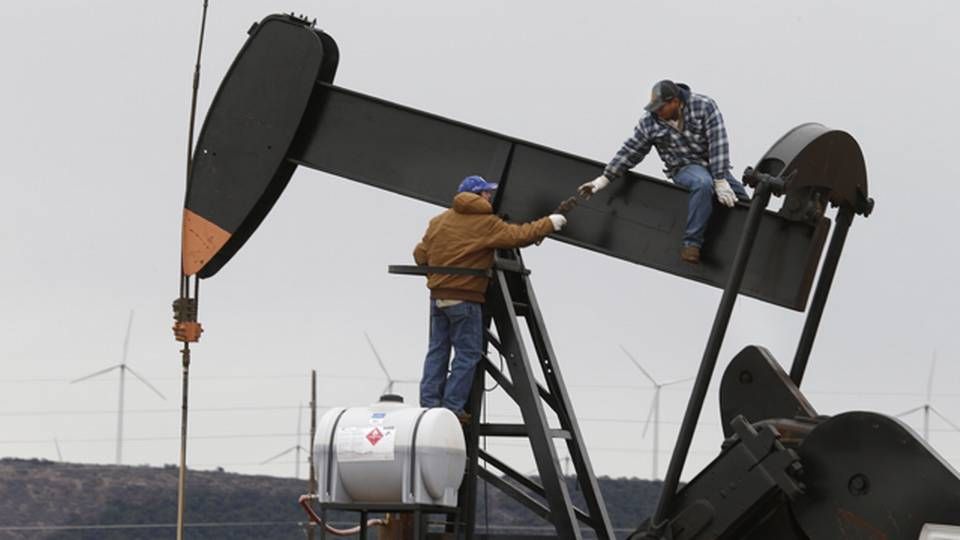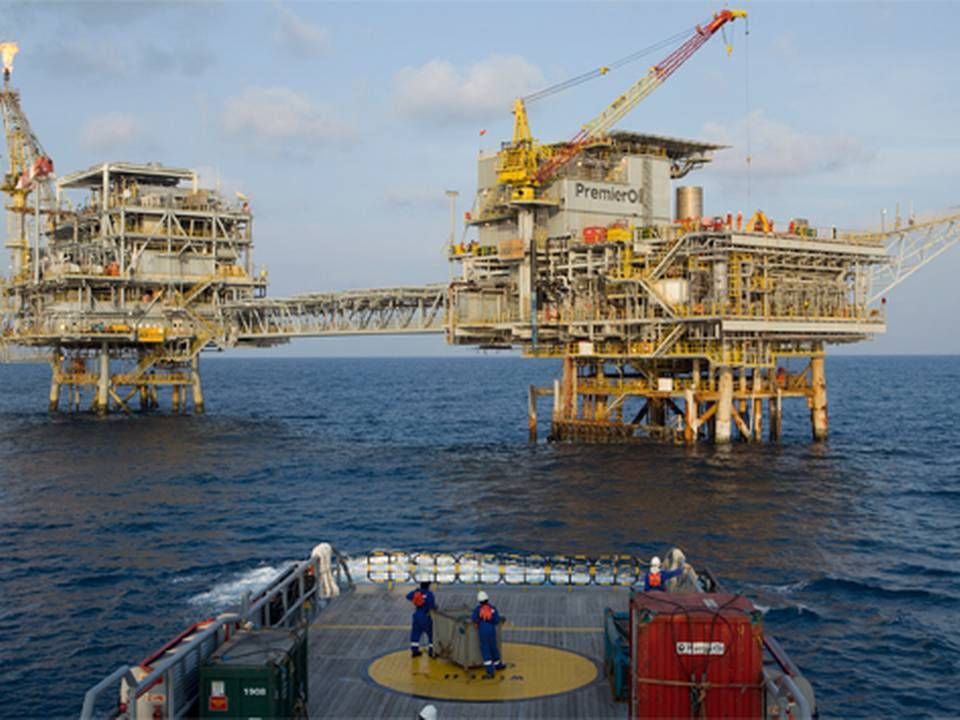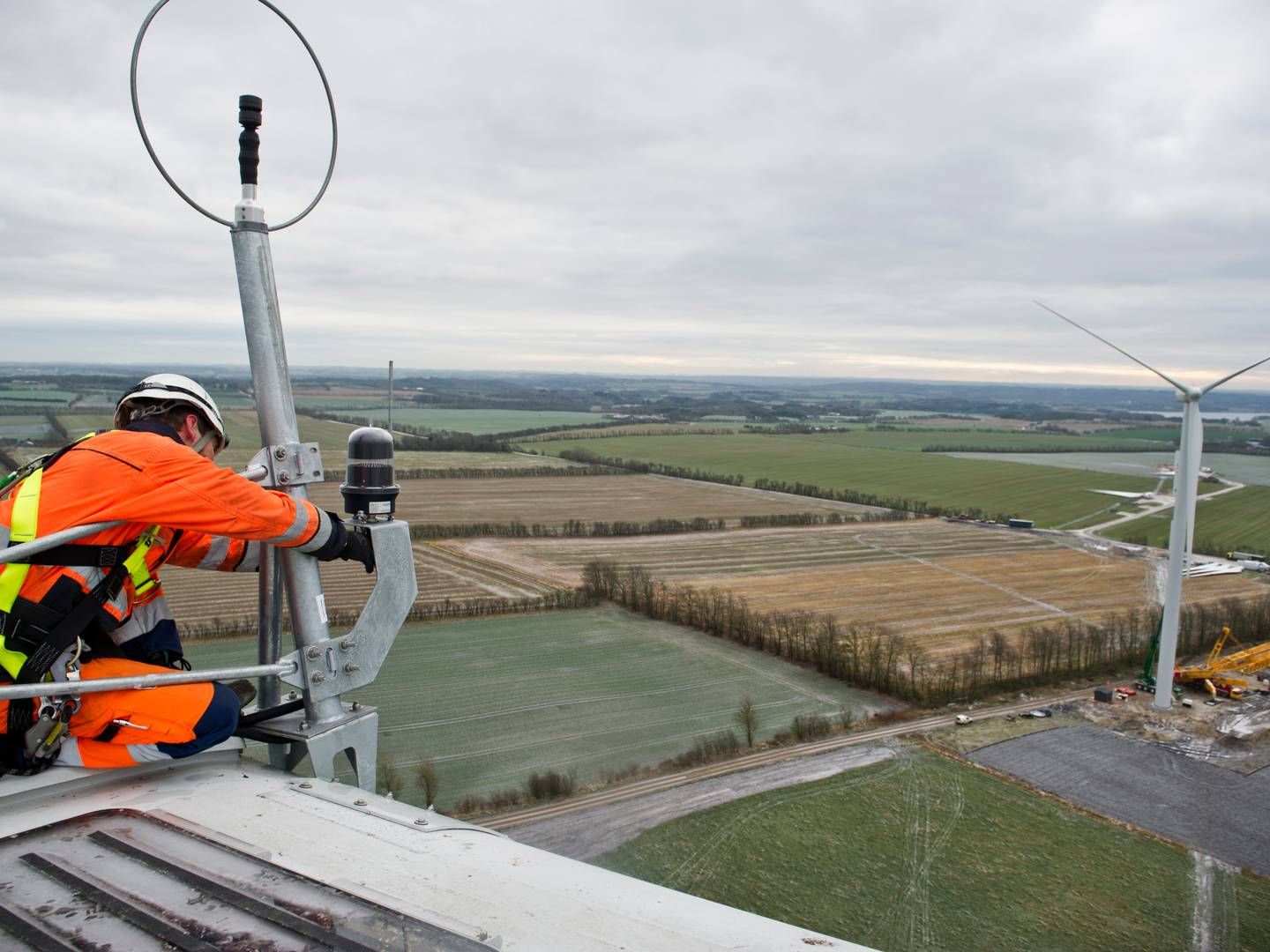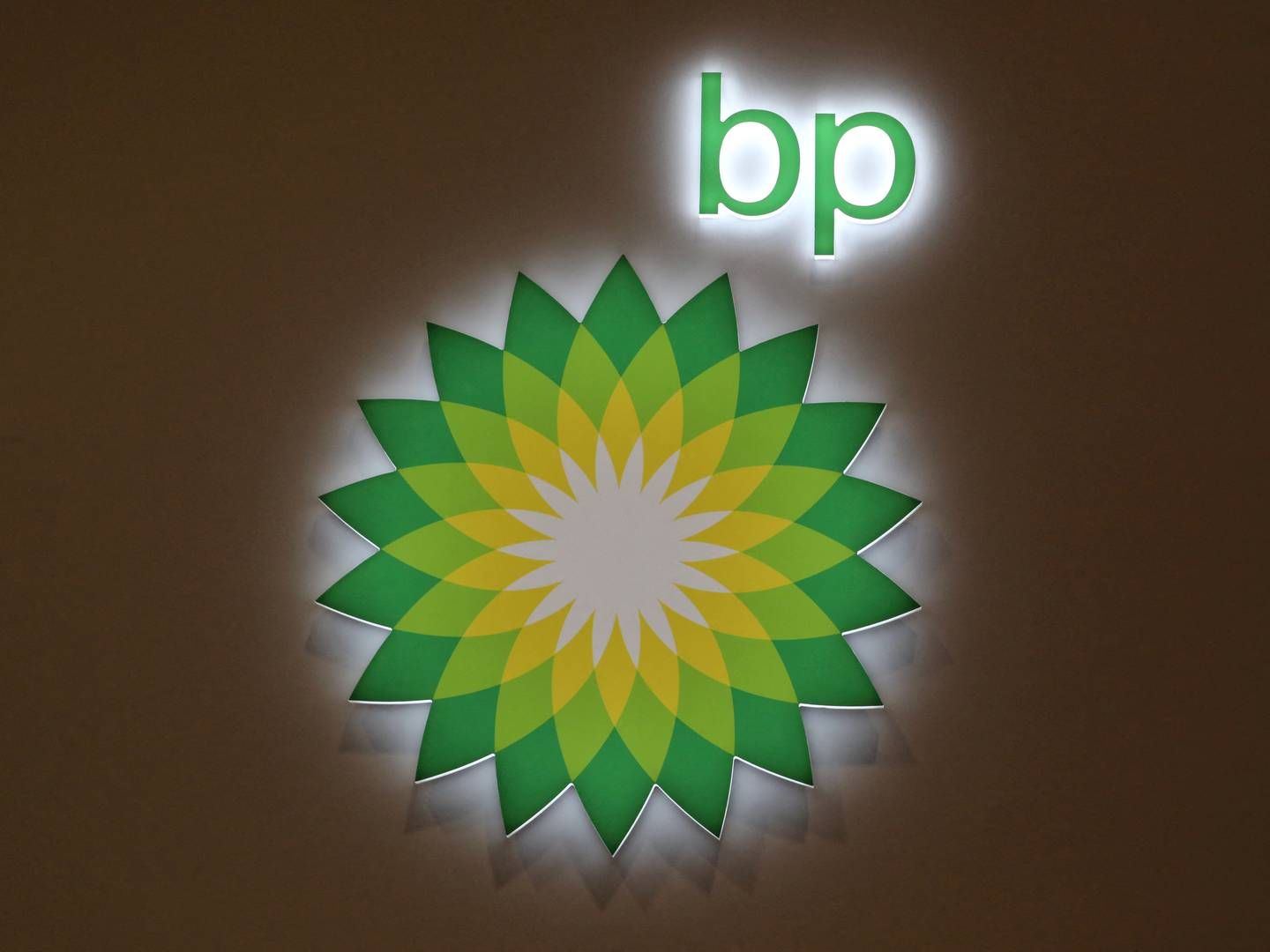Scottish government bans fracking

9 out of 10 Scots oppose fracking. Or, more correctly, 60, 000 of the 60,535 Scots surveyed in a public consultation carried out by the Scottish government have responded that they oppose the use of the unconventional gas production method in Scotland. The Scottish government has thus announced that it will not support fracking, which is effectively a ban on the practice.
"Having taken account of the interests of the environment, our economy, public health and the overwhelming majority of public opinion, the decision I am announcing today means fracking cannot and will not take place in Scotland," says Scottish energy minister Paul Wheelhouse according to the government press release.
Since January 2015, fracking has already been temporarily banned, but since the government's announcement, the ban has been made permanent. The decision must first be adopted by a majority in the Scottish parliament, however the bill is only been met with resistance from the Conservatives, who sit on 31 of the 129 parliamentary seats in Edinburgh.
However the government's announcement provoked anger across the industry, not least among Ineos, the buyer of Dong Energy's oil and gas division, which in 2014 presented plans for a large-scale investment in shale gas in Northern England and Scotland.
“Natural gas will be needed by Scotland for the foreseeable future and production from the North Sea continues to decline. This decision, which beggars belief means gas becomes a cost for the Scottish economy instead of an ongoing source of income. It speaks volumes about Scottish leadership on the world stage and sends a clear and negative message to any future investors in Scotland," says Tom Pickering, COO for Ineos Shale.
For decades, fracking technology has been employed in the UK North Sea shelf. But the unconventional production method has led to heated debate in the UK since the first onshore permits were issued in 2008. In 2011, the technology was temporarily banned, while investigations were carried out regarding the connection between fracking and seismic activity, but at the end of 2012 the ban was repealed.
At this point in time, fracking experienced something of a renaissance, boosted by commodities prices of approximately USD 100 per boe and the victory of shale gas and oil in the US. Several studies at the time indicated that the UK contained significant volumes of shale gas, in particular in the Northern part of the kingdom, where the Bowland area alone was estimated to contain 25 billion m3 of recoverable gas.
It was also revealed that gas was more difficult to collect than in the US, for example. Similarly, many other western countries have seen significant local resistance against the technology due to concerns about earthquake risks and contaminated drinking water.
With political support from the current the the former conservative British government, the fracking of shale gas has brought advantages with its British breakthrough. Advantages which will be able to continue south of the border in England.
English Edit: Lena Rutkowski
"I don't understand the reasoning of Denmark's government"
New rescue initiative on the way for Norwegian drilling market
Oil prices threaten economic growth
New monitoring technology will make shale gas drillings cleaner
Related articles
"I don't understand the reasoning of Denmark's government"
For subscribers
Oil prices threaten economic growth
For subscribers


















.jpg&w=384&q=75)





